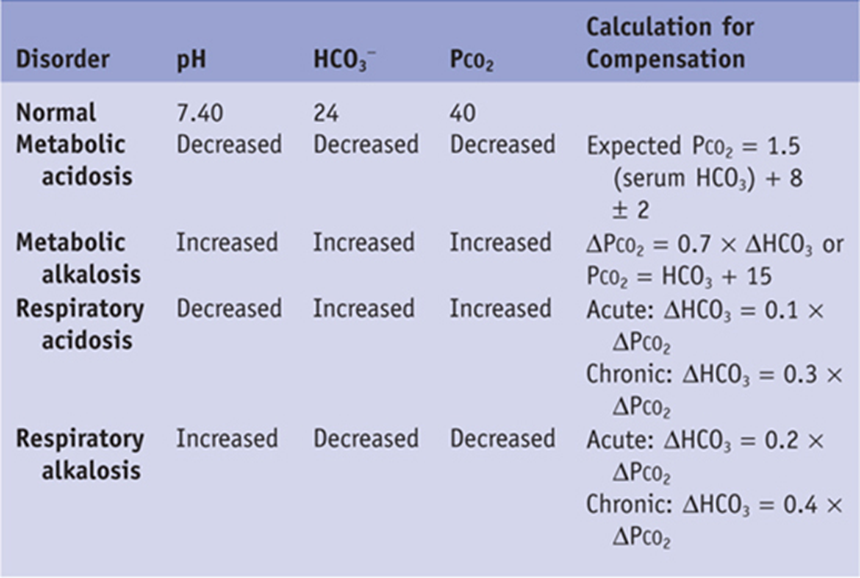The nurse is collecting data for a client who has been diagnosed with iron-deficiency anemia. What subjective findings does the nurse recognize as symptoms related to this type of anemia?
"I have difficulty breathing when walking 30 feet."
"I feel hot all of the time."
"I have a difficult time falling asleep at night."
"I have an increase in my appetite."
The Correct Answer is A
A. "I have difficulty breathing when walking 30 feet":
Explanation: Difficulty breathing on exertion (dyspnea) is a common symptom of iron-deficiency anemia. This is because iron is a crucial component of hemoglobin, which carries oxygen to body tissues. In the absence of sufficient iron, the oxygen-carrying capacity of the blood is reduced, leading to symptoms such as shortness of breath.
B. "I feel hot all of the time":
Explanation: Feeling hot all the time is not a typical symptom of iron-deficiency anemia. Anemia is more likely to cause symptoms related to poor oxygen delivery, such as fatigue and shortness of breath.
C. "I have a difficult time falling asleep at night":
Explanation: Difficulty falling asleep is not a classic symptom of iron-deficiency anemia. Symptoms are more likely to be related to fatigue and weakness.
D. "I have an increase in my appetite":
Explanation: An increase in appetite is not a typical symptom of iron-deficiency anemia. In fact, individuals with anemia may experience a decrease in appetite.
Nursing Test Bank
Naxlex Comprehensive Predictor Exams
Related Questions
Correct Answer is B
Explanation
A. Urinalysis shows trace protein:
Explanation: While trace protein in the urine is generally better than higher levels, it doesn't provide a specific measure of blood glucose control. Protein in the urine can be an early sign of kidney damage in diabetes, but it doesn't directly indicate blood glucose control.
B. Hemoglobin A1C of 5.6%:
Explanation: Hemoglobin A1C (HbA1C) is a long-term indicator of blood glucose control. An HbA1C level of 5.6% is within the target range for individuals with diabetes and suggests good control of blood glucose over the past 2-3 months.
C. Fasting blood glucose of 110 mg/dL:
Explanation: Fasting blood glucose gives a snapshot of blood glucose at a specific moment. While 110 mg/dL is a fairly normal fasting level, it doesn't provide information about long-term control. A single fasting glucose measurement may not reflect overall glucose management.
D. Urine ketones are negative:
Explanation: Negative urine ketones indicate that the body is not currently using fat for energy. While this is a good sign in the moment, it doesn't give information about overall blood glucose control over time. Urine ketones can fluctuate based on various factors, including diet and activity level.
Correct Answer is C
Explanation
A. pH 7.28, pCO2 36, HCO3 23:
Explanation: The pH is low, indicating acidosis. However, the pCO2 is within the normal range, which is not consistent with respiratory acidosis. The HCO3 is slightly low but not significantly, and this doesn't align with typical findings in respiratory acidosis.
B. pH 7.52, pCO2 28, HCO3 25:
Explanation: The pH is high, indicating alkalosis. The pCO2 is below the normal range, which is not consistent with respiratory acidosis. The HCO3 is within the normal range, and these values are not typical for respiratory acidosis.
C. pH 7.25, pCO2 50, HCO3 22:
Explanation: The pH is low, indicating acidosis. The pCO2 is elevated, which is typical in respiratory acidosis. The HCO3 is within the normal range, suggesting uncompensated respiratory acidosis.
D. pH 7.35, pCO2 40, HCO3 24:
Explanation: The pH is within the normal range, and both pCO2 and HCO3 are normal. These values do not indicate acidosis.

Whether you are a student looking to ace your exams or a practicing nurse seeking to enhance your expertise , our nursing education contents will empower you with the confidence and competence to make a difference in the lives of patients and become a respected leader in the healthcare field.
Visit Naxlex, invest in your future and unlock endless possibilities with our unparalleled nursing education contents today
Report Wrong Answer on the Current Question
Do you disagree with the answer? If yes, what is your expected answer? Explain.
Kindly be descriptive with the issue you are facing.
